Tulsi Gabbard: ‘You See The Final Expression Of Cancel Culture In Islamist Terrorist Groups Like ISIS, Al-Qaeda’
Former Rep. Tulsi Gabbard (D-HI) compared those who engage in “cancel culture” to Islamist terrorists during an interview this week on Fox News, saying that they are similar in terms of wanting to ban ideas that are a threat to them.
“When you look at the foundation of our democracy, it is based on this ideal, this principle of freedom, freedom of speech, freedom for every single one of us to be able to share our ideas and debate them, to argue them, to agree or to disagree, to pick and choose in this marketplace of ideas, those that we deem to be right or wrong to be superior or inferior and even for those ideas that may be misleading or dangerous, that in this free marketplace, we have the right to then defeat those ideas with with superior ones,” Gabbard said. “Cancel culture is the opposite of this, it is exactly the opposite of this foundational principle of our democracy. It means that in a cancel culture, you have some people who believe that they are special, that they are superior, that they have the power to be able to shut down those who have ideas and views that are different, who may follow a path that they deem to be the wrong path and will therefore say, ‘No, we’re going to place obstacles in front of you, we’re going to silence certain voices, so that only those who agree with us and the path that we deem to be right as the one that is before you to choose.'”
“And the issue with this, there’s a few issues with it, the main issue with this is when you look at our rights and freedoms, and our ability to debate them, and respectfully come out the other end agreeing or disagreeing, as you and I have over the years, it’s based on the fact that we are all children of God. And recognizing that, we then treat each other with respect and respect this freedom that we have,” she continued. “So, let’s look down the path and say, ‘Okay, well, where does this cancel culture lead us?’ You see the final expression of cancel culture in Islamist terrorist groups like ISIS and Al Qaeda who basically go and behead those who … they deem to be infidels or heretics in order to silence them in order to protect others from being misled by those heretical ideas and in the eyes of an ISIS or Al Qaeda.”
“And so when we look at cancel culture here at home, we see those efforts to cancel or silence those that … they don’t want the people to hear from, those who may offer a different idea than the one that those in power want people to see or to hear, or to be exposed to,” she concluded. “And so this is, when we look at the foundations of our democracy, this is the danger of where this path leads us. Unless we as individuals stand up against it.”
WATCH:
TRANSCRIPT:
TREY GOWDY, FOX NEWS HOST: Joining me now, former Congresswoman from the great state of Hawaii, Tulsi Gabbard. Hey, Tulsi, how are you?
REP. TULSI GABBARD (D-HI): Aloha, my friend, it’s good to talk to you as always.
GOWDY: Likewise, alright, I used to turn to you when we were serving together for guidance. Tell me what the cancel culture is and why we should be concerned with it.
GABBARD: Well, you rightly started this conversation talking about about freedom. When you look at the foundation of our democracy, it is based on this ideal, this principle of freedom. Freedom of speech, freedom for every single one of us to be able to share our ideas and debate them, to argue them, to agree or to disagree, to pick and choose in this marketplace of ideas, those that we deem to be right or wrong to be superior or inferior and even for those ideas that may be misleading or dangerous, that in this free marketplace, we have the right to then defeat those ideas with with superior ones. And others have the freedom to choose, choose what they want to believe or not to believe or what they want to adhere to. So, when you look at this question, what is cancel culture? Cancel culture is the opposite of this, it is exactly the opposite of this foundational principle of our democracy. It means that in a cancel culture, you have some people who believe that they are special, that they are superior, that they have the power to be able to shut down those who have ideas and views that are different, who may follow a path that they deem to be the wrong path and will therefore say, ‘No, we’re going to place obstacles in front of you, we’re going to silence certain voices, so that only those who agree with us and the path that we deem to be right as the one that is before you to choose.’
And the issue with this there, there’s a few issues with it, the main issue with this is when you look at our rights and freedoms, and our ability to debate them, and respectfully come out the other end agreeing or disagreeing — as you and I have over the years — it’s based on the fact that we are all children of God, and recognizing that, we then treat each other with respect and respect this freedom that we have. So, let’s look down the path and say, ‘Okay, well, where does this cancel culture lead us?’ You see the final expression of cancel culture in Islamist terrorist groups like ISIS and Al Qaeda who basically go and behead those who … they deem to be infidels or heretics in order to silence them in order to protect others from being misled by those heretical ideas in the eyes of an ISIS or Al Qaeda.
And so when we look at cancel culture here at home, we see those efforts to cancel or silence those that … they don’t want the people to hear from, those who may offer a different idea than the one that those in power want people to see or to hear, or to be exposed to. And so this is, when we look at the foundations of our democracy, this is the danger of where this path leads us. Unless we as individuals stand up against it. And that’s the final point I want to make on this is, what can we do? Because I get asked this a lot. What can we do to stand up against this cancel culture, this fear mongering, this bullying, that if you don’t adhere to this path that those in power says the right one, then you’re at risk of losing your job, you are at risk of losing family or friends or being unpopular, losing likes on social media. This requires us to ask the question of ourselves, who are we trying to please? And this is something for me at a really young age, I recognized that life is short. Death can come at any time and I was happiest, and am happiest, when trying to live my life to be pleasing to God, to my best friend. And so as I’ve gone through my life, and especially in politics, the media is coming at you with attacks, political opponents, social media. I have always found that peace and that strength in going with it and knowing that God has unconditional love for all of us.
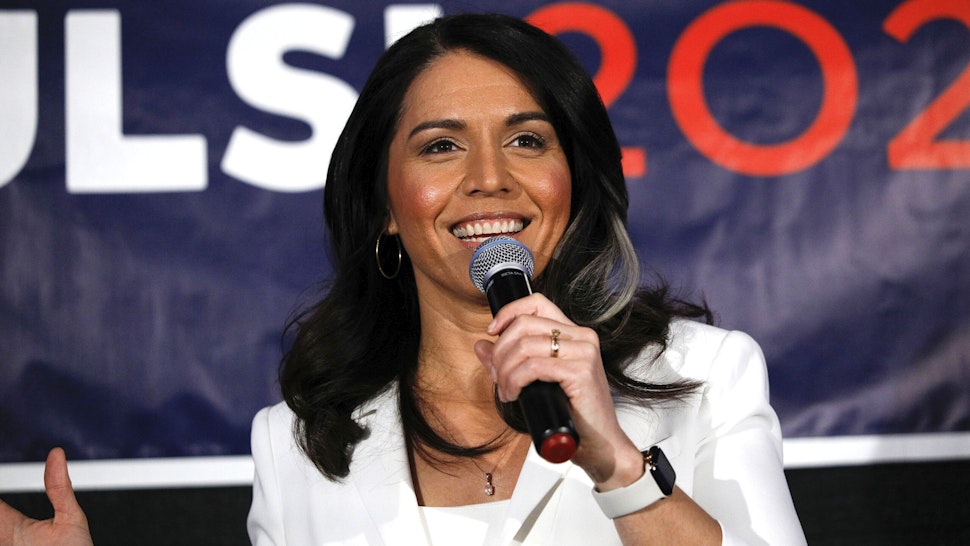

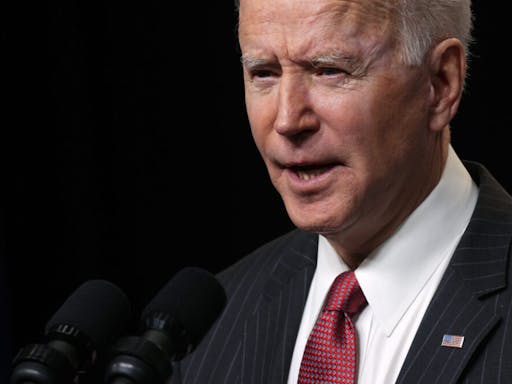
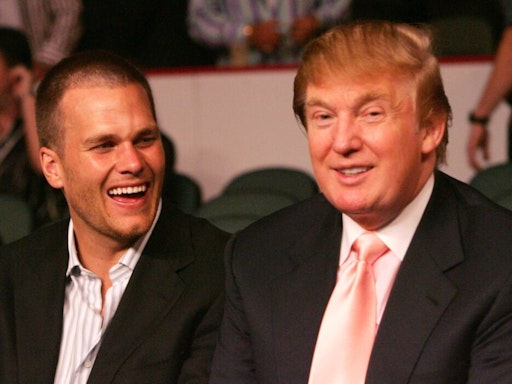

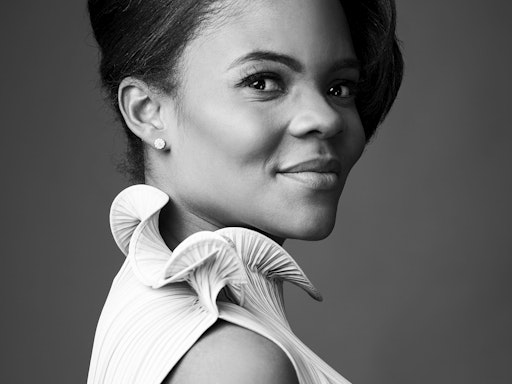
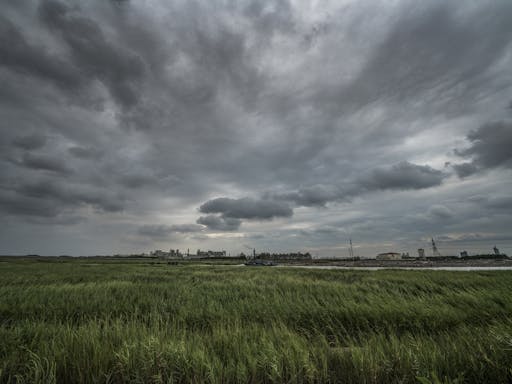
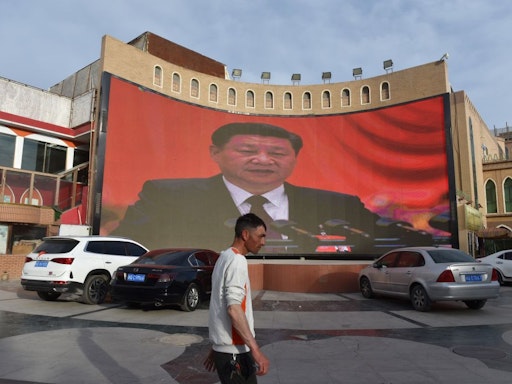


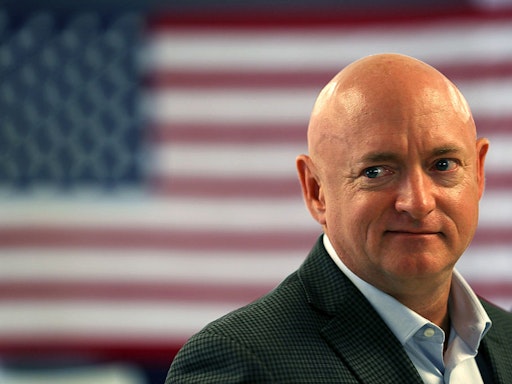
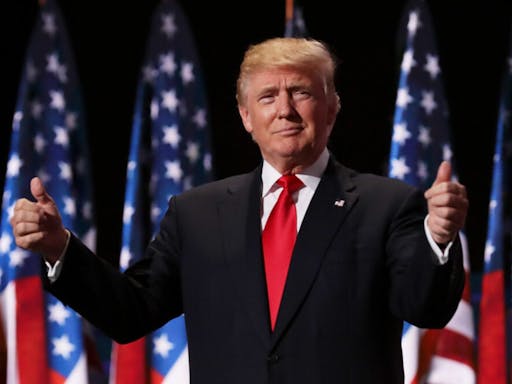
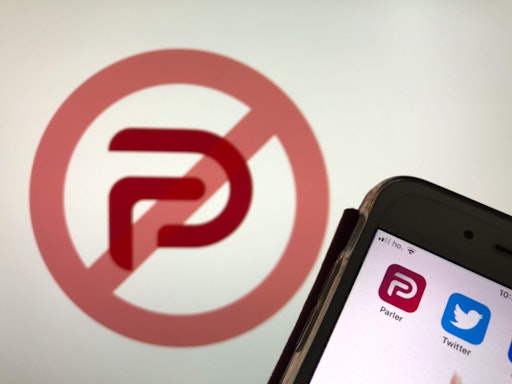
No comments:
Post a Comment
Thanks for commenting. Your comments are needed for helping to improve the discussion.